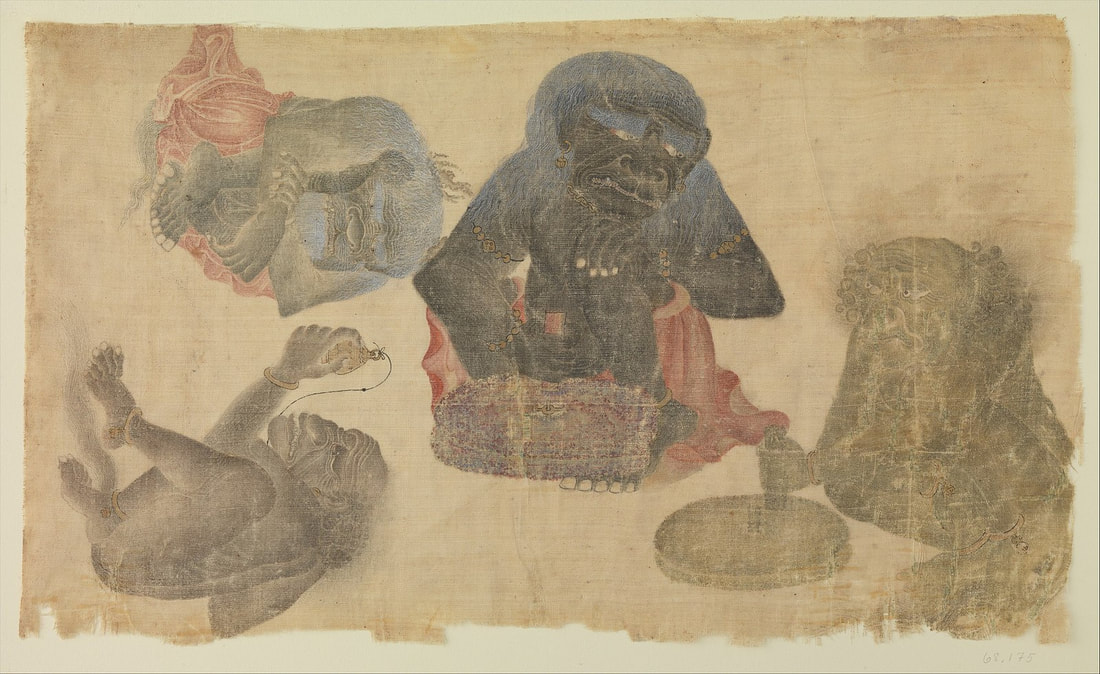Whether it is a favorite sports team, a political party, a military branch, a religious sect, or a spiritual order, something seems to make organizations larger than life. What is it about groups that makes them so attractive? What gives a group power? Occultists use a term that, until recently, was seldom discussed in mainstream circles. The term ‘egregore’ is an esoteric concept that refers to a non-physical entity that arises from the collective thoughts of a group of people. It is often described as a ‘thought form’ or ‘psychic entity’ created and sustained by its members’ beliefs, rituals, and sacrifices. Egregores can be found in many different cultures and traditions, and they can take on various forms, from benevolent to malevolent.
The word ‘egregore’ comes from the Greek word egrēgoreō, meaning to be awake or to watch over. It was first used in this context by the French occultist Victor Hugo in his collection of poems La Légende des siècles published in 1859. Hugo described an egregore as "a spirit created by the thoughts and desires of a group of people."...
Subscribe to the New PRS Journal to read on...
The word ‘egregore’ comes from the Greek word egrēgoreō, meaning to be awake or to watch over. It was first used in this context by the French occultist Victor Hugo in his collection of poems La Légende des siècles published in 1859. Hugo described an egregore as "a spirit created by the thoughts and desires of a group of people."...
Subscribe to the New PRS Journal to read on...
Nothing comes from nothing. Manly Hall’s vision for the All-Seeing Eye was entirely supported by contributions from its readers who paid for their subscription with gifts made according to their means. Manly Hall wrote,
“This magazine is published and distributed privately to those who make possible with their financial support its publication. The magazine cannot be bought and has no fixed value. Like all of the ancient teachings which it seeks to promulgate, it has no comparative value, but the students must support it for its own intrinsic merit.”



